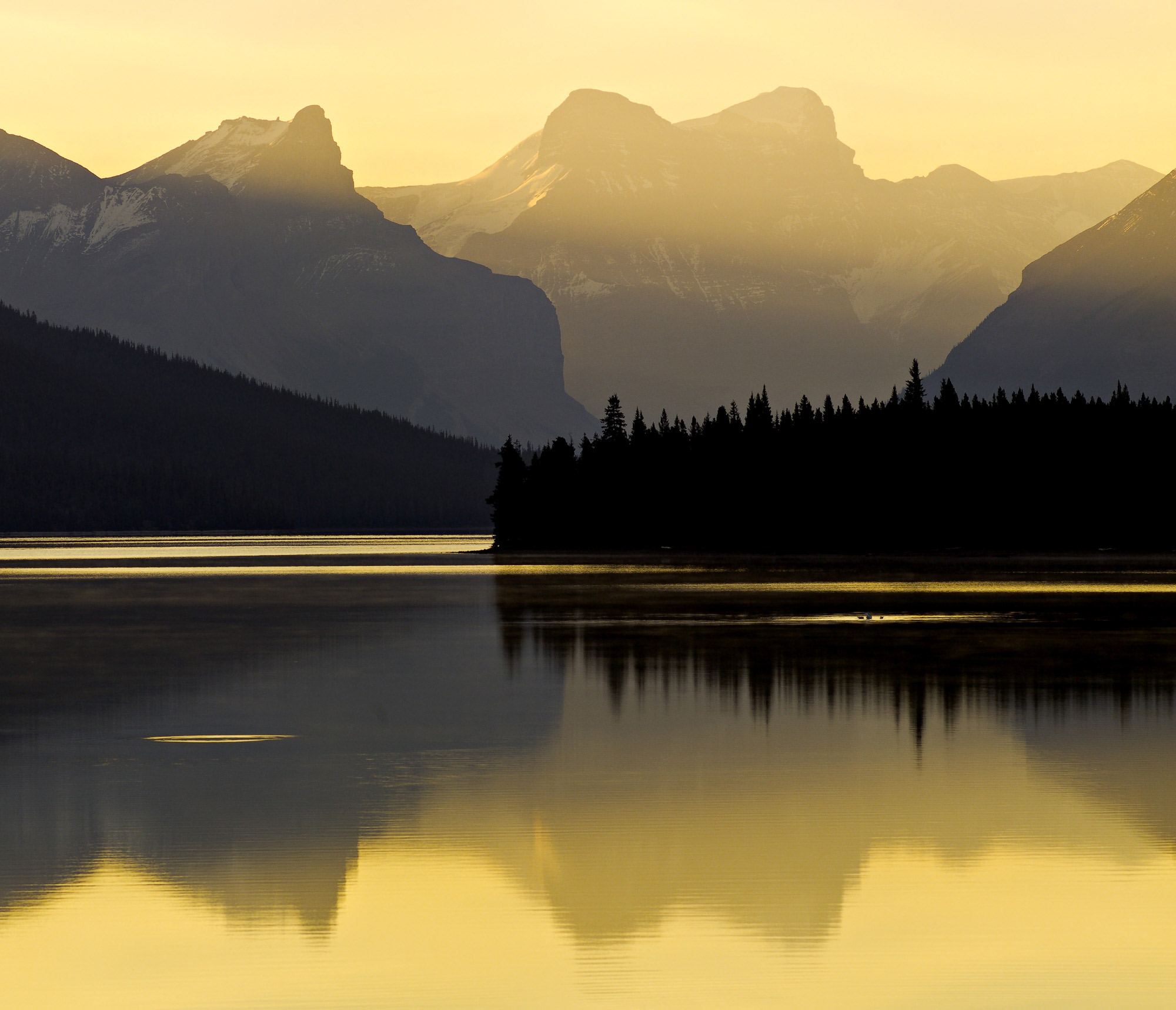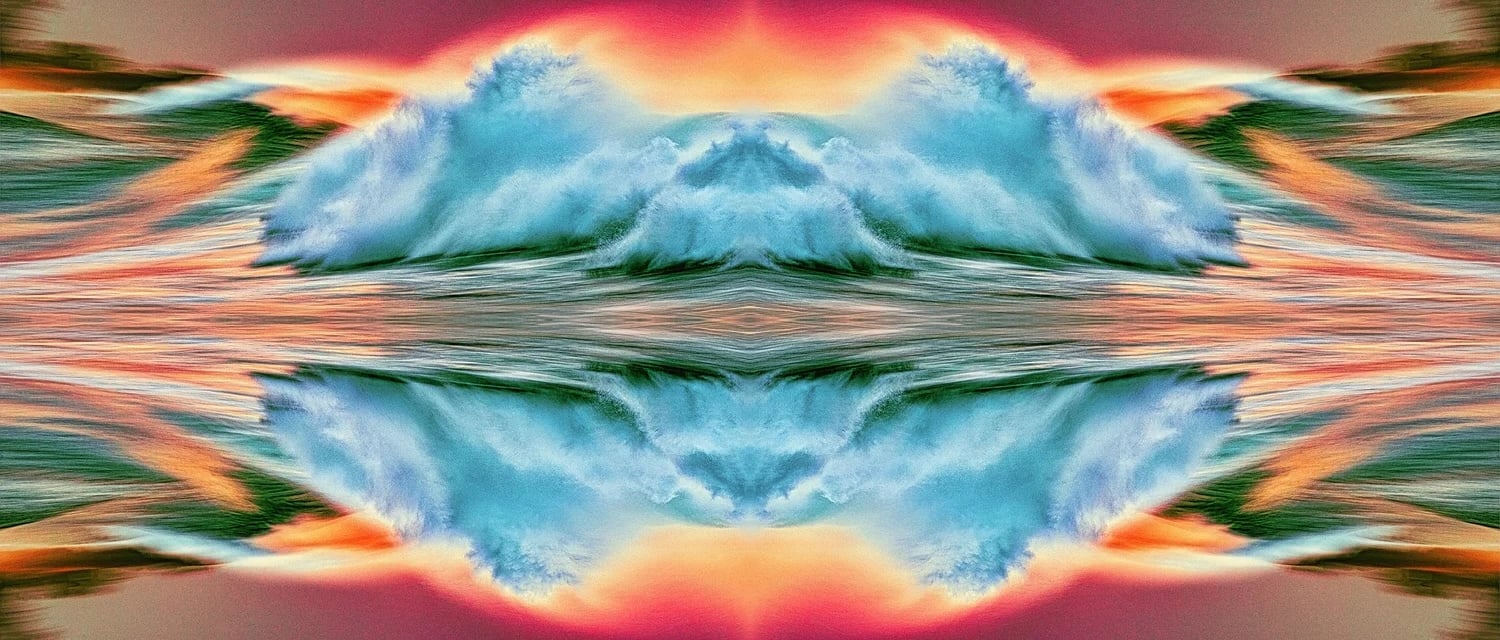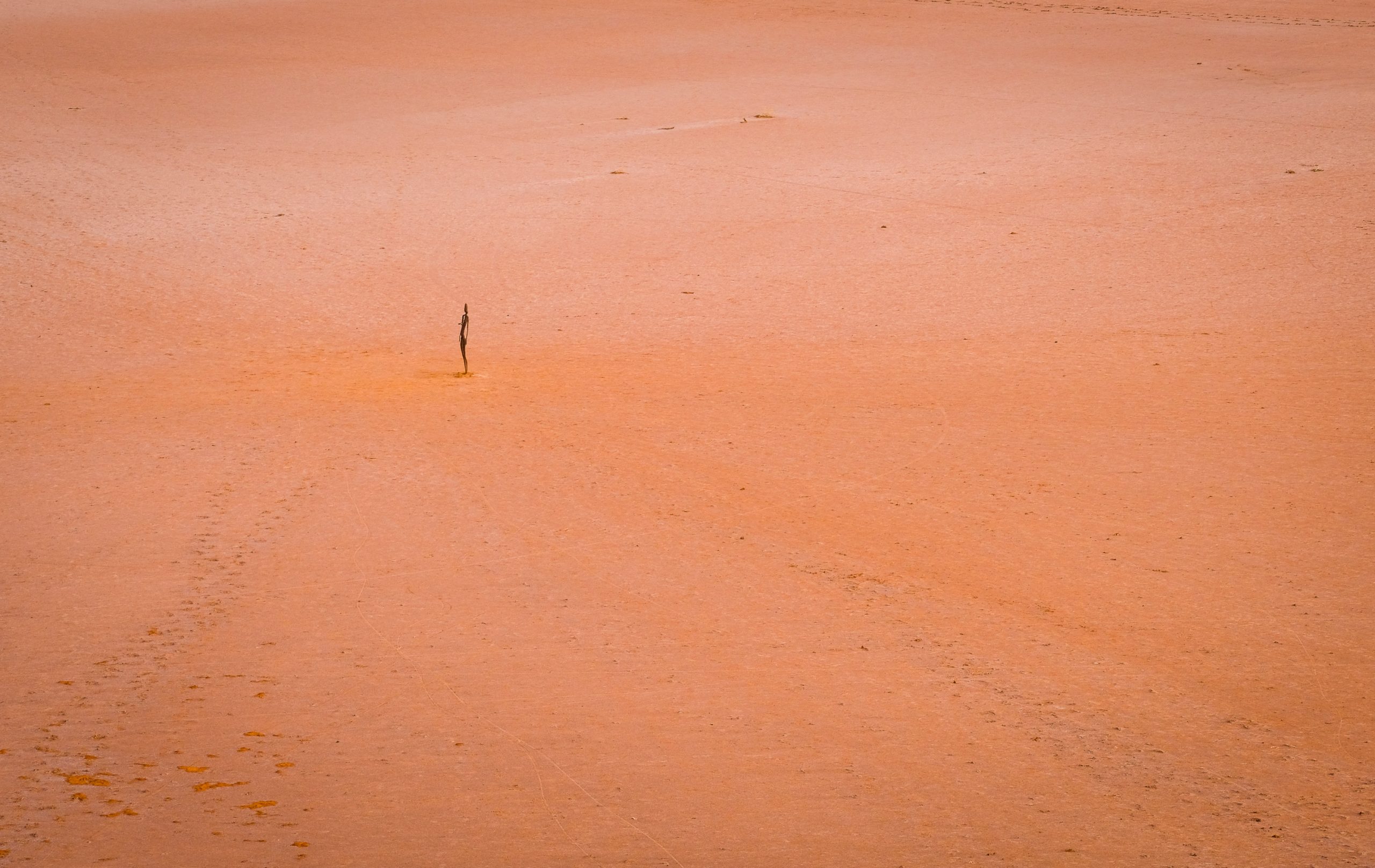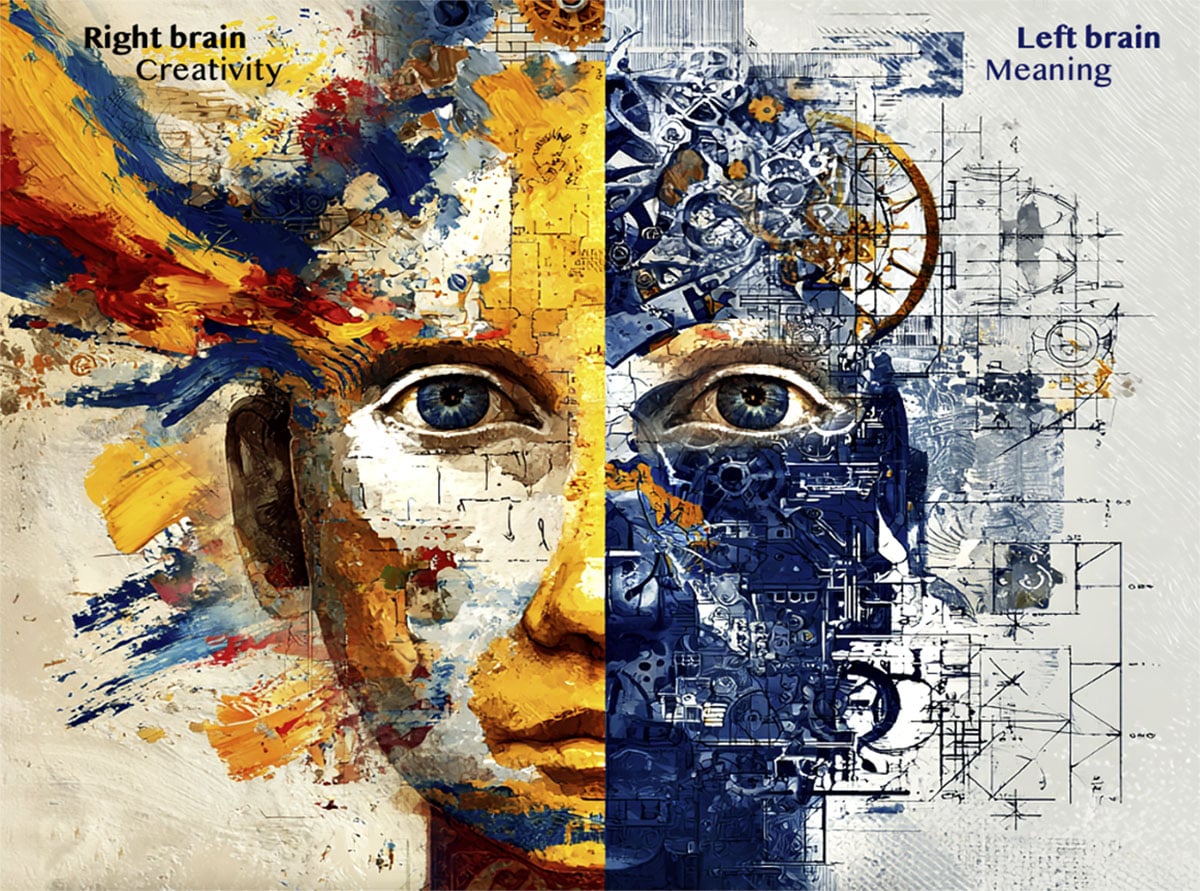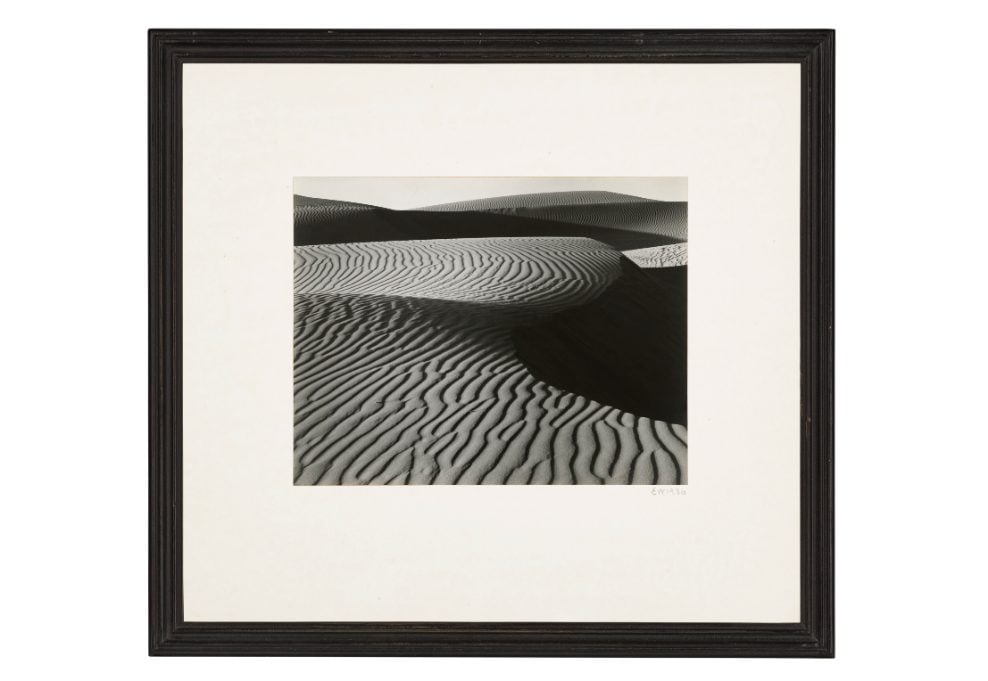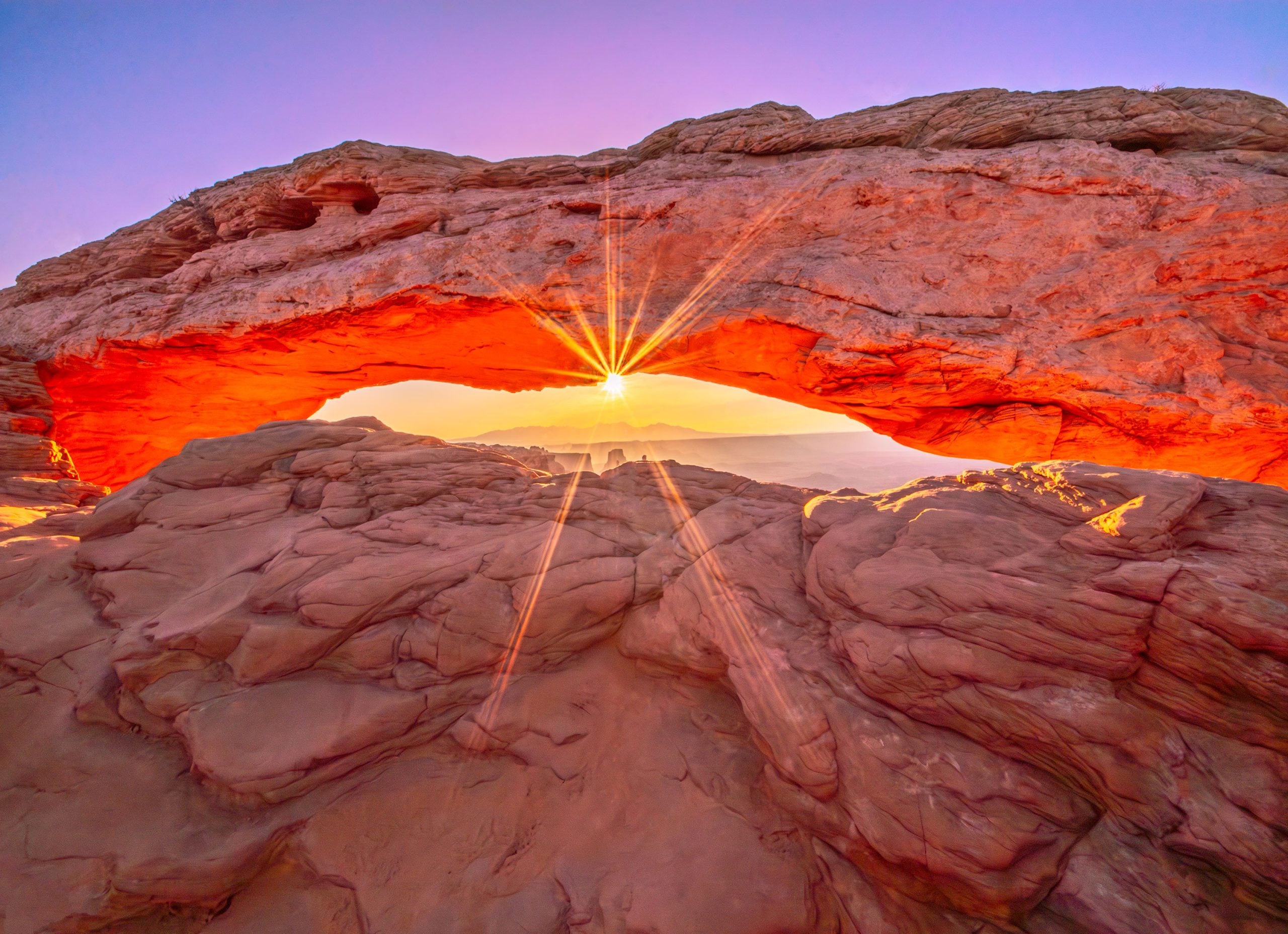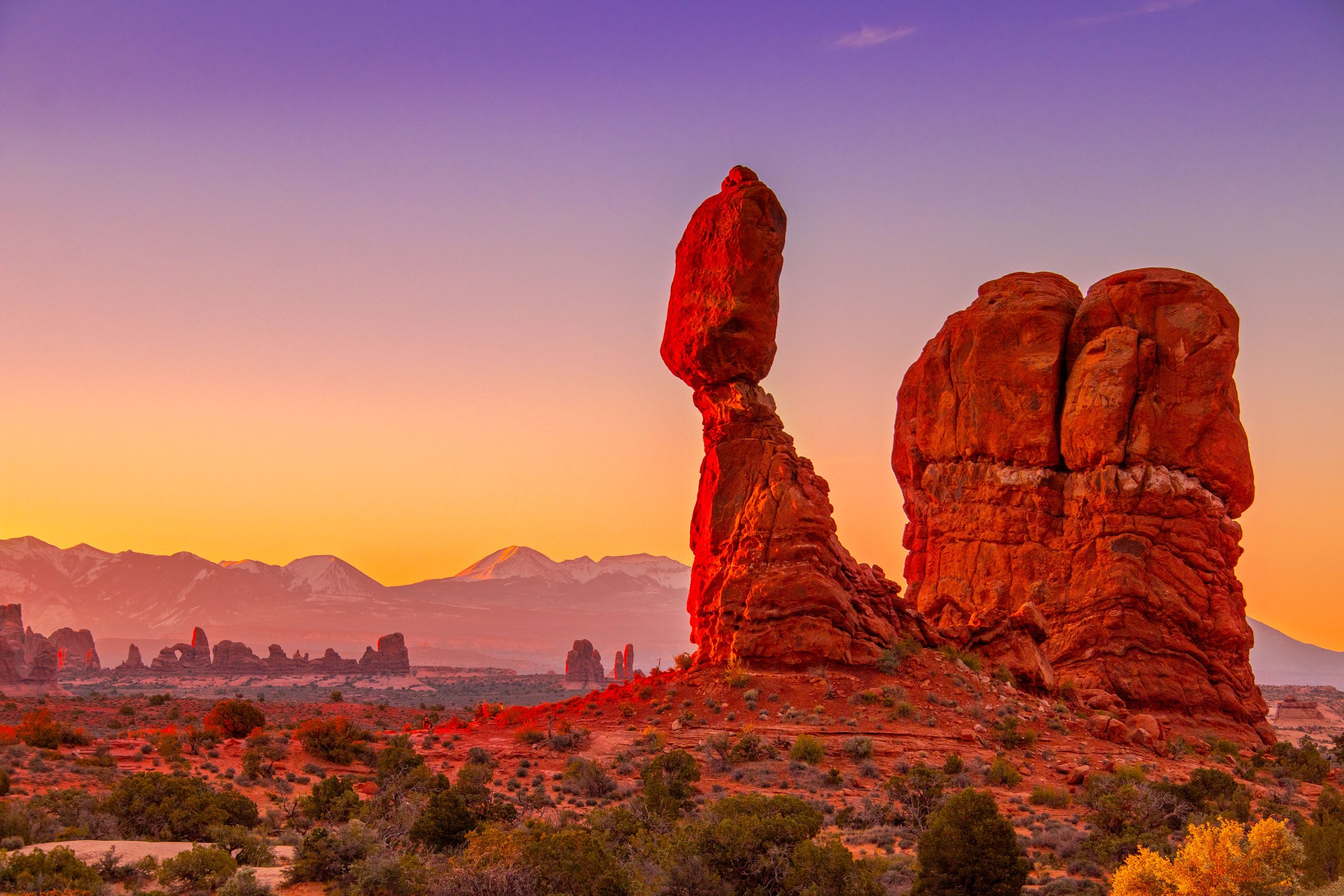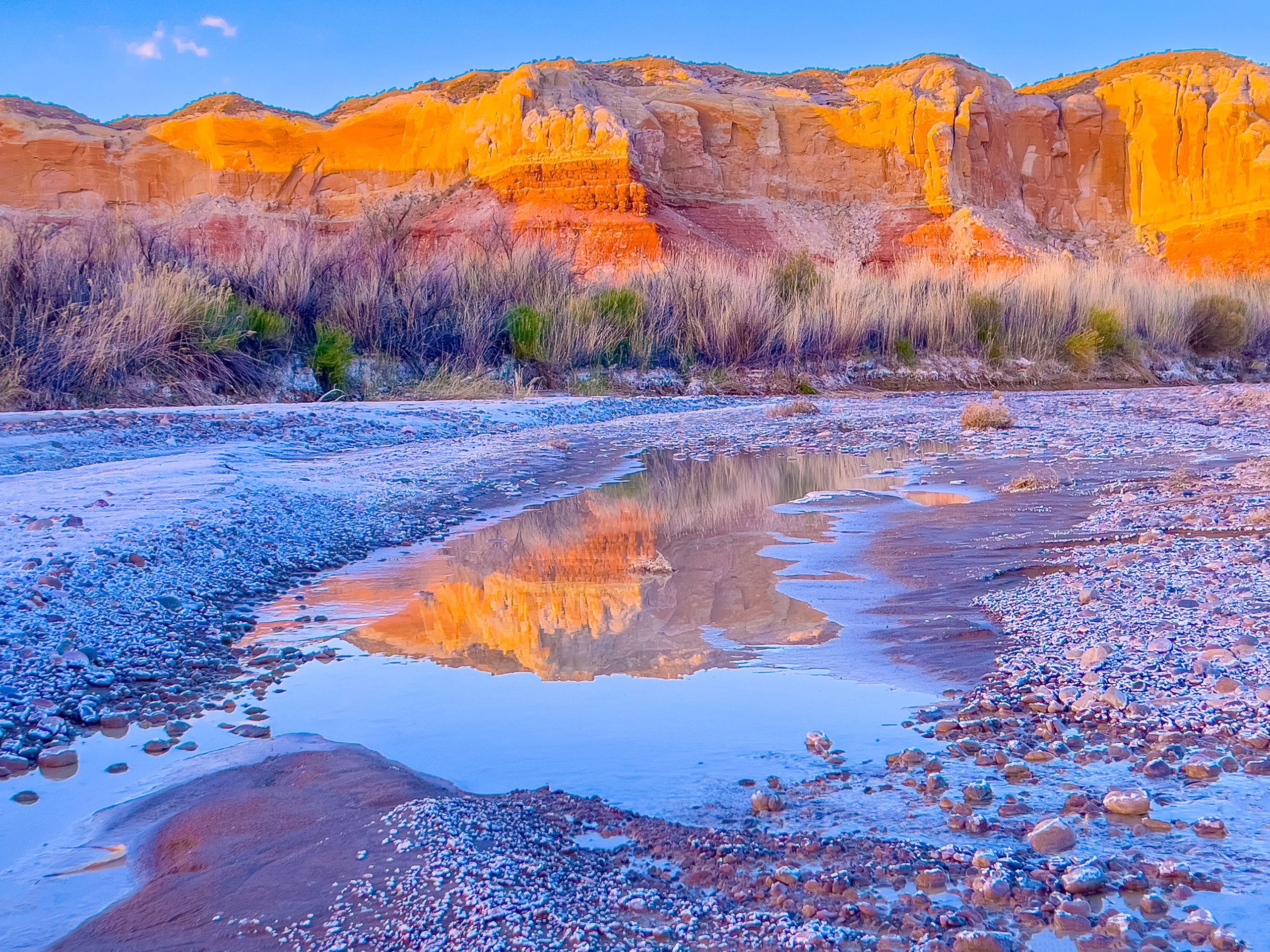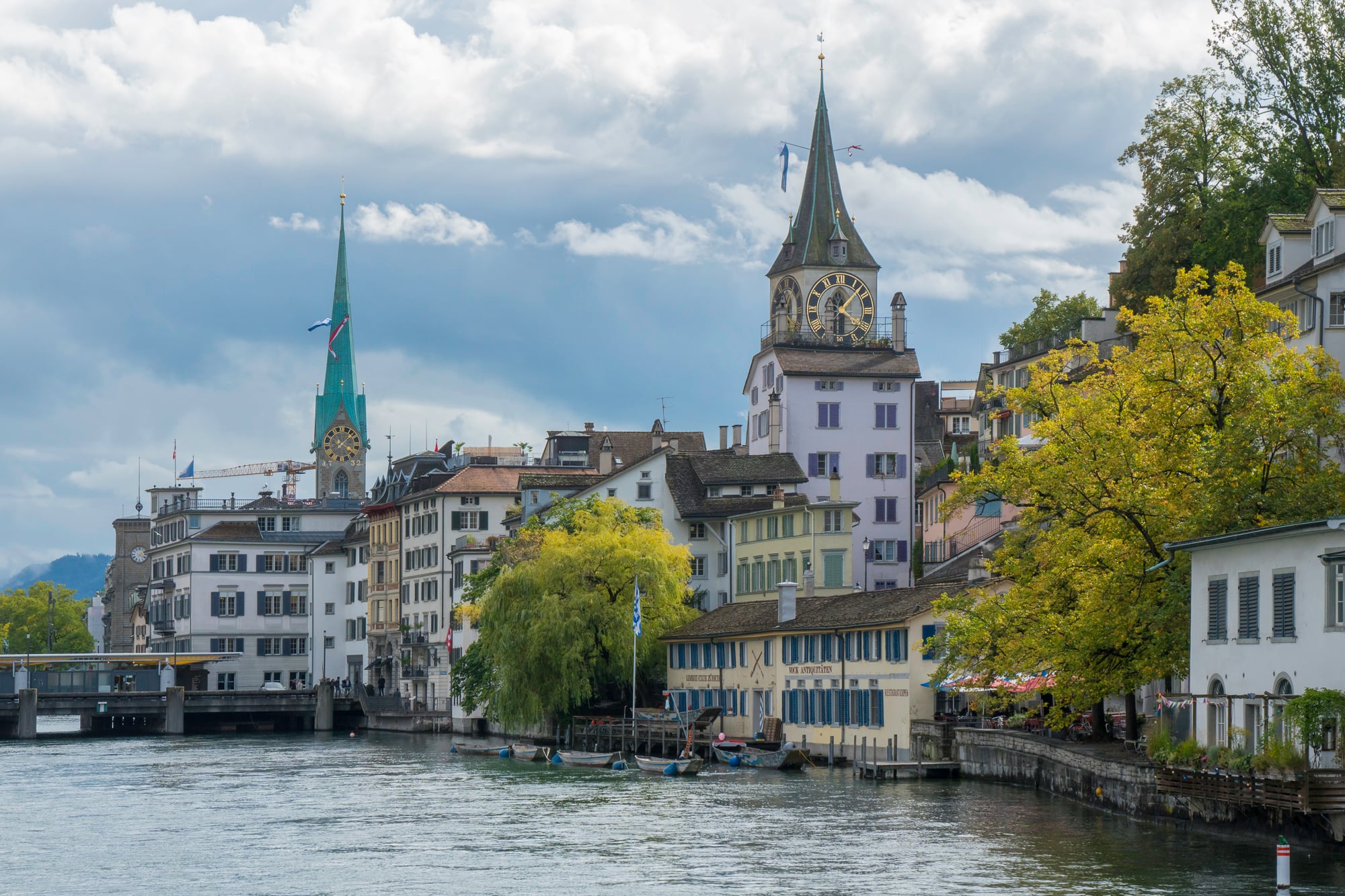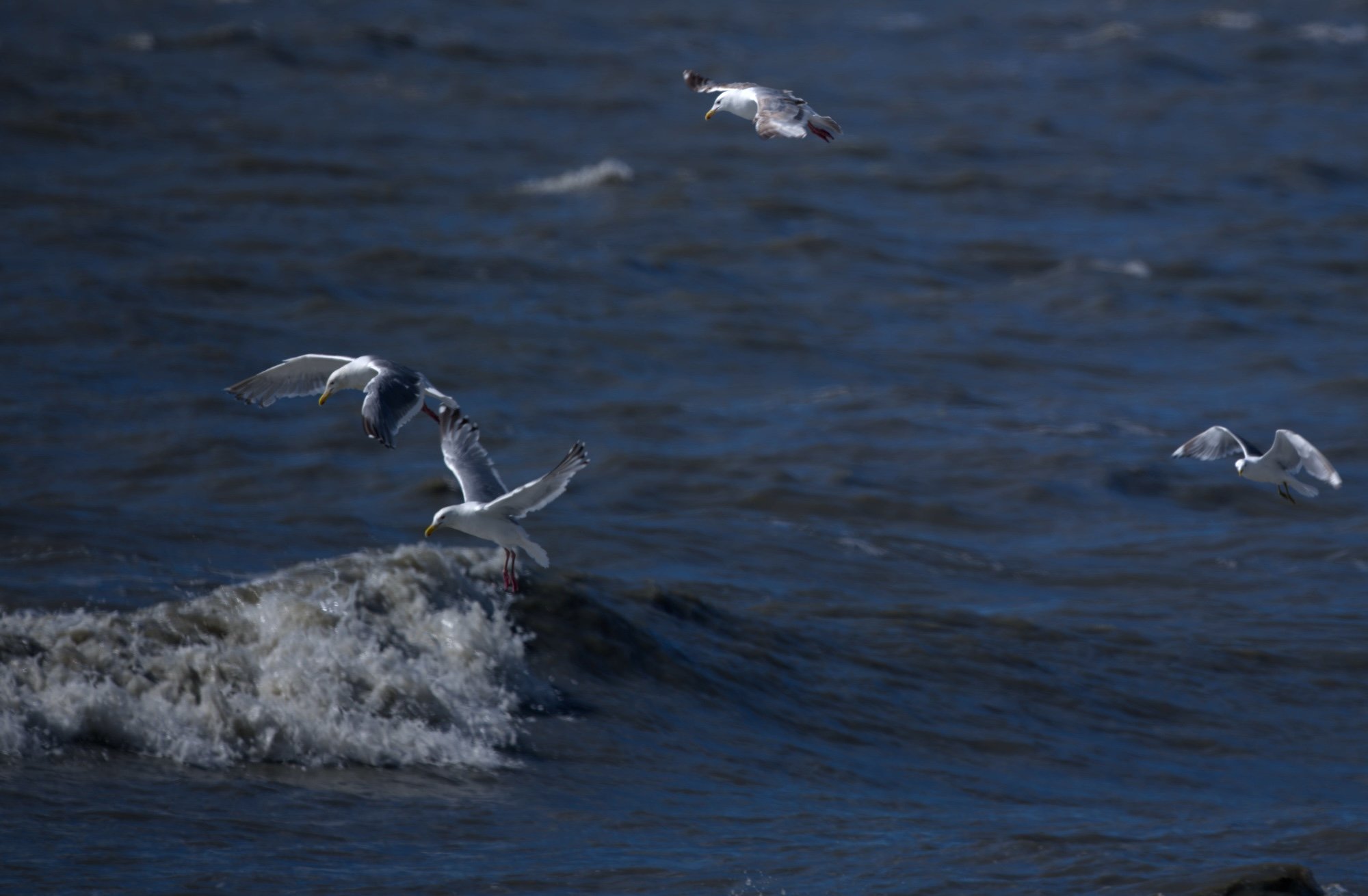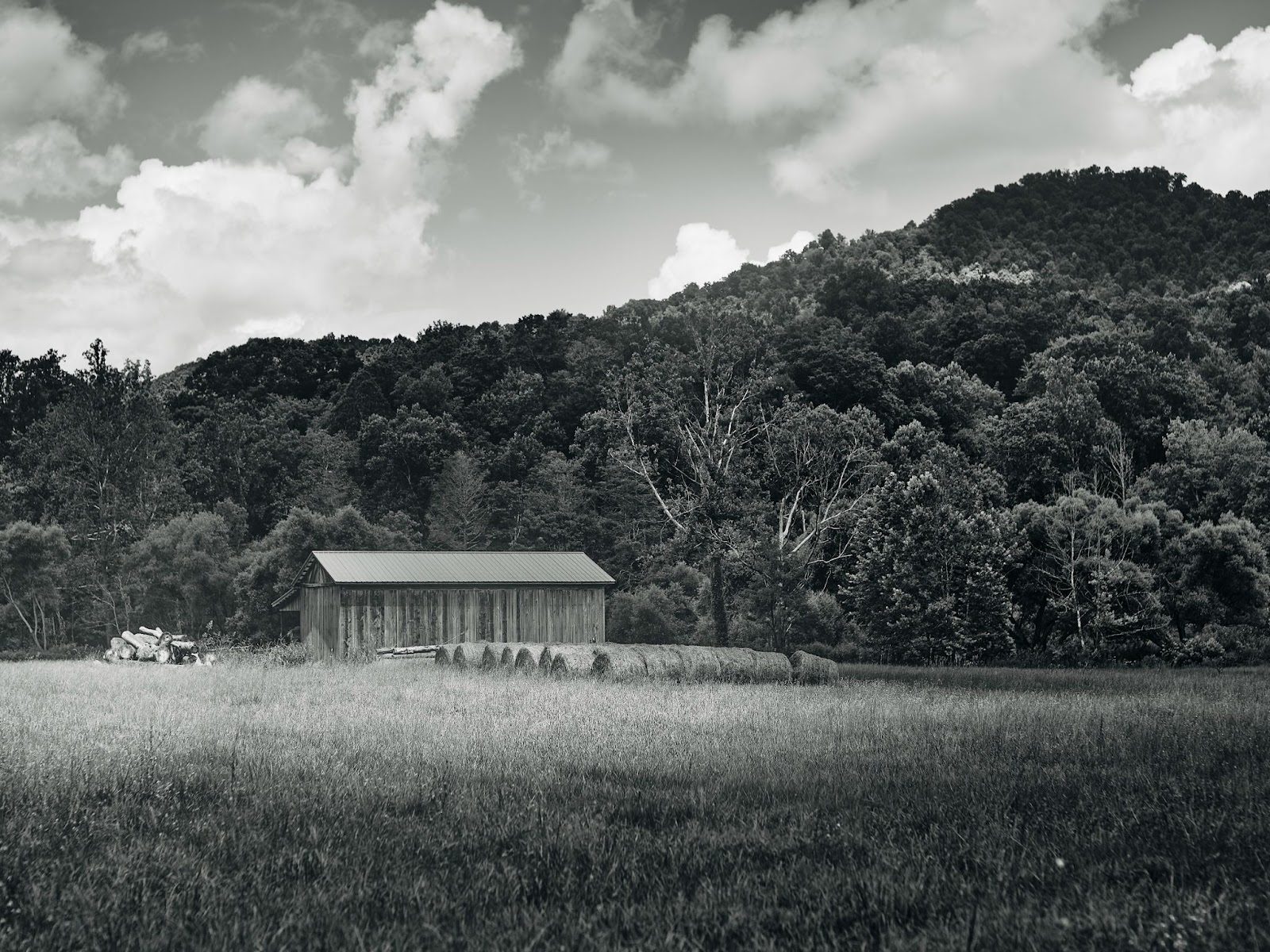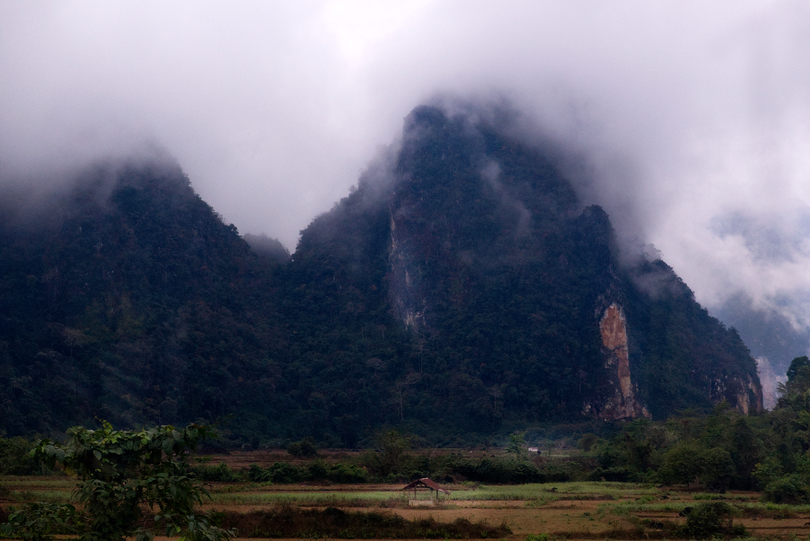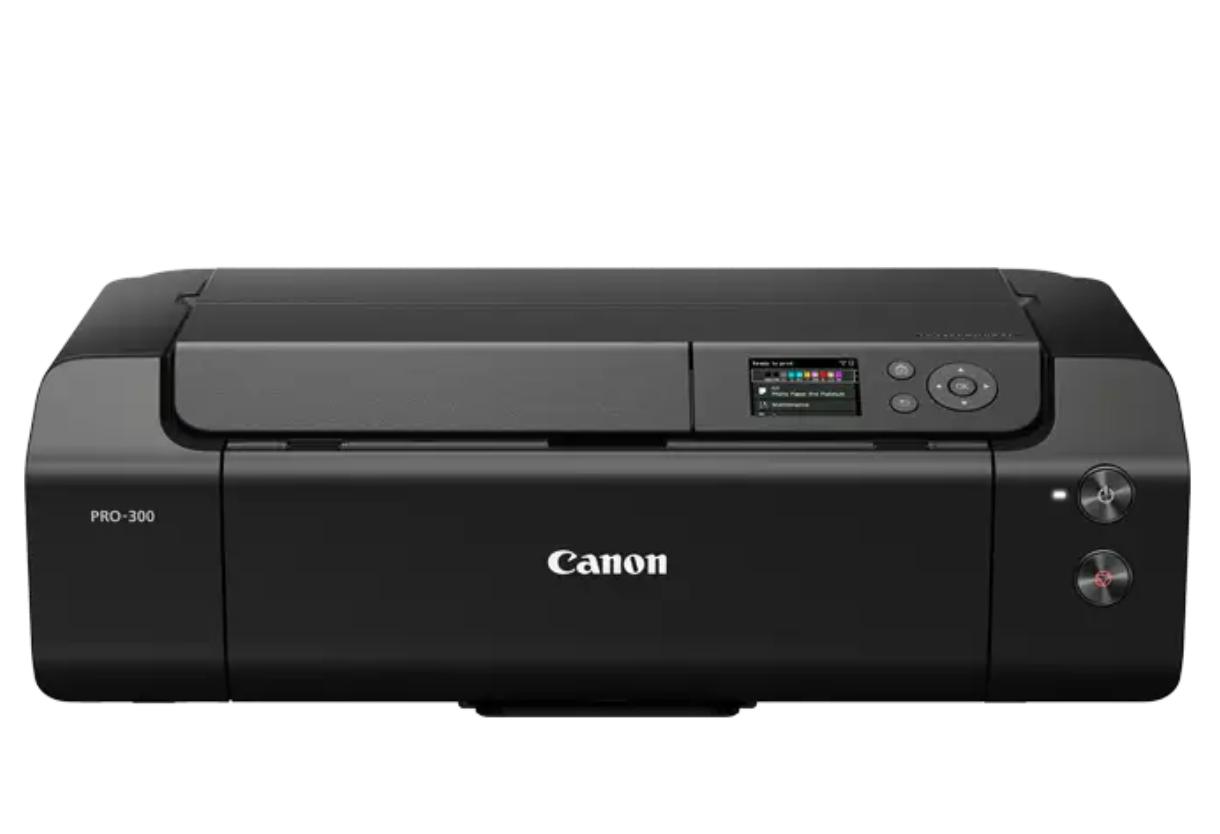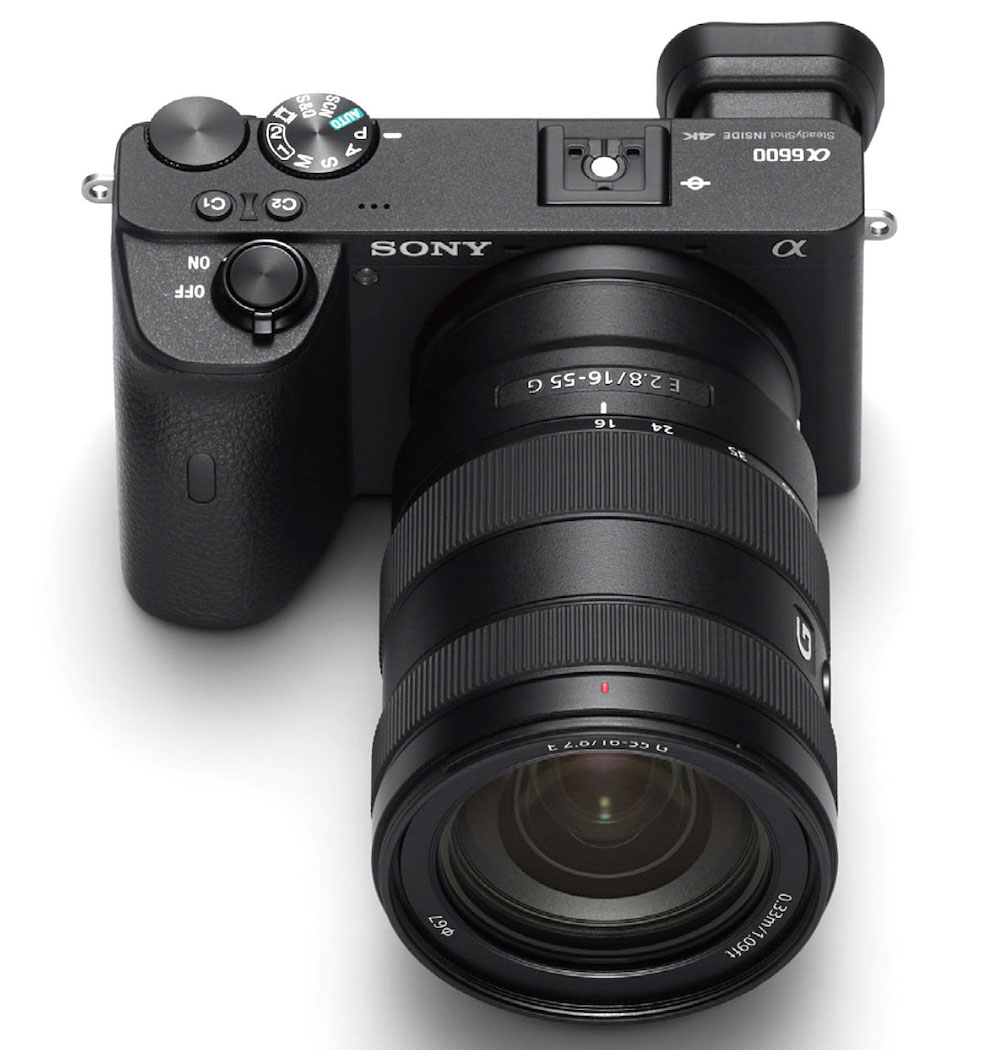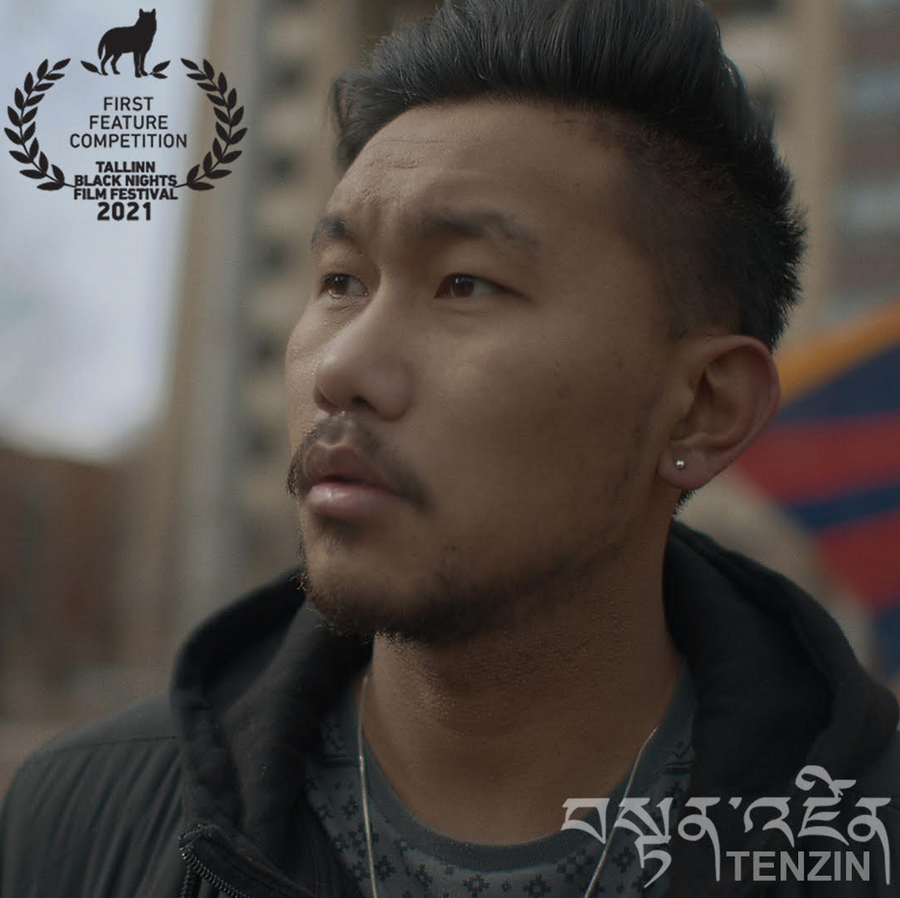
OM System took their best Micro Four Thirds body, ripped out the filter that blocks nebula light, and added tricks no other astro camera can match.
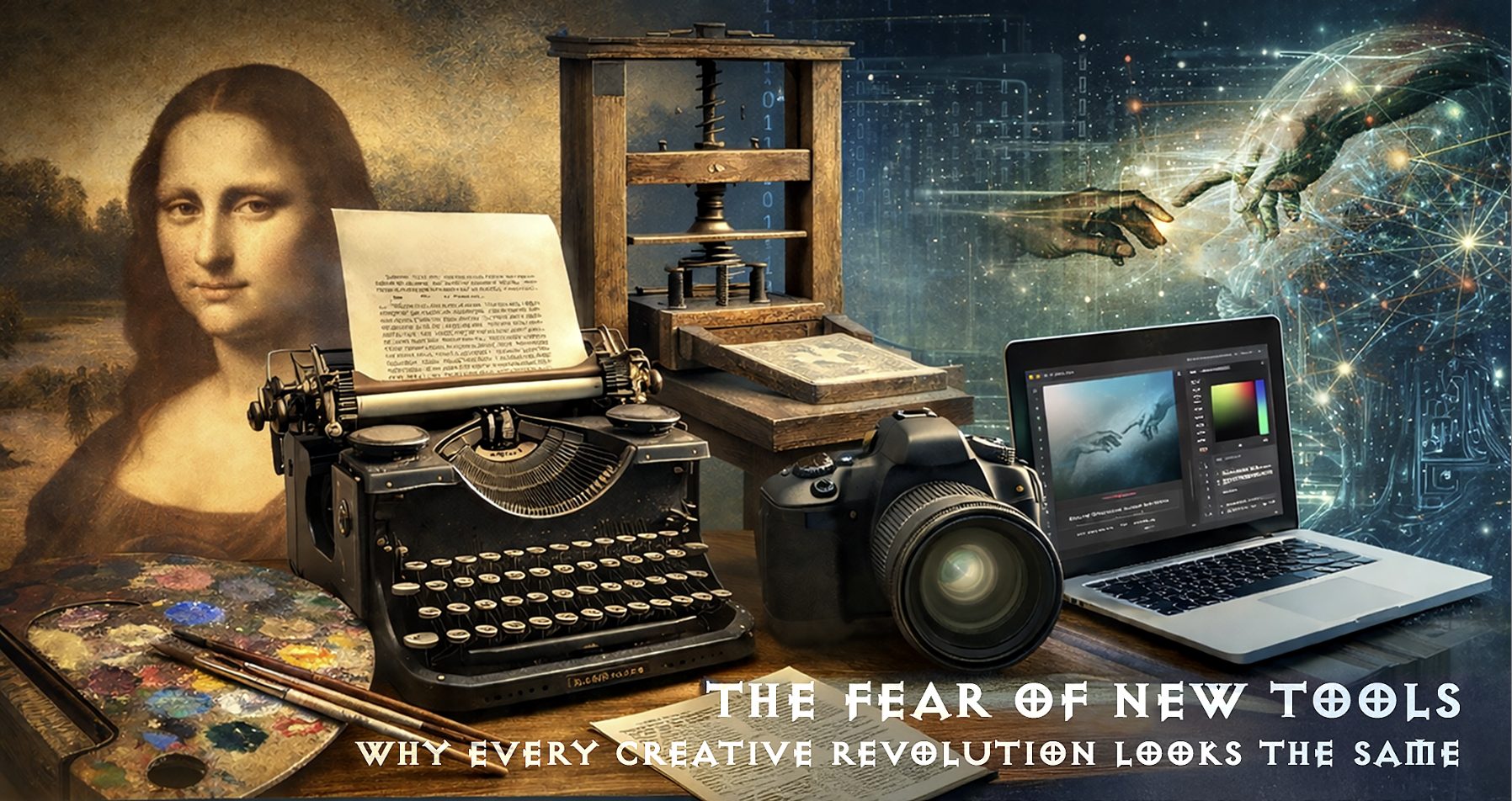

Innovation sparks questions, but skill and vision remain at the core of creation.


Richard Owens’s years-long project uses miniature scenes and large format photography to explore the unconscious.
Subscribe to our newsletter
Get interesting news updates from LuLa delivered straight to your inbox.
Join the newsletter
Our latest articles
All articles
Subscribers Only
Camera & Technology
Photographer Profiles
Techniques
Landscape & Environment
Oscar-nominated filmmaker Pen Densham found creative freedom by abandoning the rules - his impressionist nature images might inspire you to do the same
Yolanda del Amo's decade-long project uses staged large-format photography to explore the emotional distance between people who share the same space.
Explore January’s stunning photo submissions from our community!
Why a $10,000 cinema camera matters to the GFX ecosystem - and what it signals for Fujifilm's future
Your most powerful photography tool is the 200 million nerve fibers connecting both halves of your brain.
OM System took their best Micro Four Thirds body, ripped out the filter that blocks nebula light, and added tricks no other astro camera can match.
Innovation sparks questions, but skill and vision remain at the core of creation.
Richard Owens’s years-long project uses miniature scenes and large format photography to explore the unconscious.
Oscar-nominated filmmaker Pen Densham found creative freedom by abandoning the rules - his impressionist nature images might inspire you to do the same
Yolanda del Amo's decade-long project uses staged large-format photography to explore the emotional distance between people who share the same space.
OM System took their best Micro Four Thirds body, ripped out the filter that blocks nebula light, and added tricks no other astro camera can match.
Innovation sparks questions, but skill and vision remain at the core of creation.
Why a $10,000 cinema camera matters to the GFX ecosystem - and what it signals for Fujifilm's future
Notable releases in photography in 2025 and where we are headed.
An end-of-year reflection on why the best camera for a young photographer might not be the "best" camera at all.
Richard Owens’s years-long project uses miniature scenes and large format photography to explore the unconscious.
Oscar-nominated filmmaker Pen Densham found creative freedom by abandoning the rules - his impressionist nature images might inspire you to do the same
Yolanda del Amo's decade-long project uses staged large-format photography to explore the emotional distance between people who share the same space.
A Conversation with Prashant Gharpure on Intentional Camera Movement in the Smoky Mountains
This Christie's sale brings together the titans who invented modern landscape photography, from Adams' technical precision to Sugimoto's philosophical vision.
Your most powerful photography tool is the 200 million nerve fibers connecting both halves of your brain.
Hoping someone discovers your work isn't a plan - here's how to actually find the audience your photography deserves.
Master photographic style to create cohesive, professional bodies of work.
A Conversation with Prashant Gharpure on Intentional Camera Movement in the Smoky Mountains
There are no mistakes in art, only attempts - and why that changes everything about how you create.
Your most powerful photography tool is the 200 million nerve fibers connecting both halves of your brain.
Next month, 25,000 photography enthusiasts will descend on Zurich for PhotoSCHWEIZ 2026 - here's why this prestigious Swiss exhibition deserves a spot on your calendar.
This Christie's sale brings together the titans who invented modern landscape photography, from Adams' technical precision to Sugimoto's philosophical vision.
As I wrote the reviews of the GFX 100SII and the 500mm f5.6, I realized that I’ve now used enough of the GFX lens line...
Seeing Carolina and choosing what to photograph.
The most viewed articles


Join for just $2 per month
Join for access to over 5000 in depth articles, hundreds of hours of video tutorials and access to the largest Photography forum.
Be in the Know: Get the Exclusive LuLa Newsletter Sent to Your Inbox!
Get access to exclusive articles, behind-the-scenes content, and become a valued member of our photography team! Subscribe now to elevate your photography experience.
Subscribe Now to Join Us!
Only $2 per month
